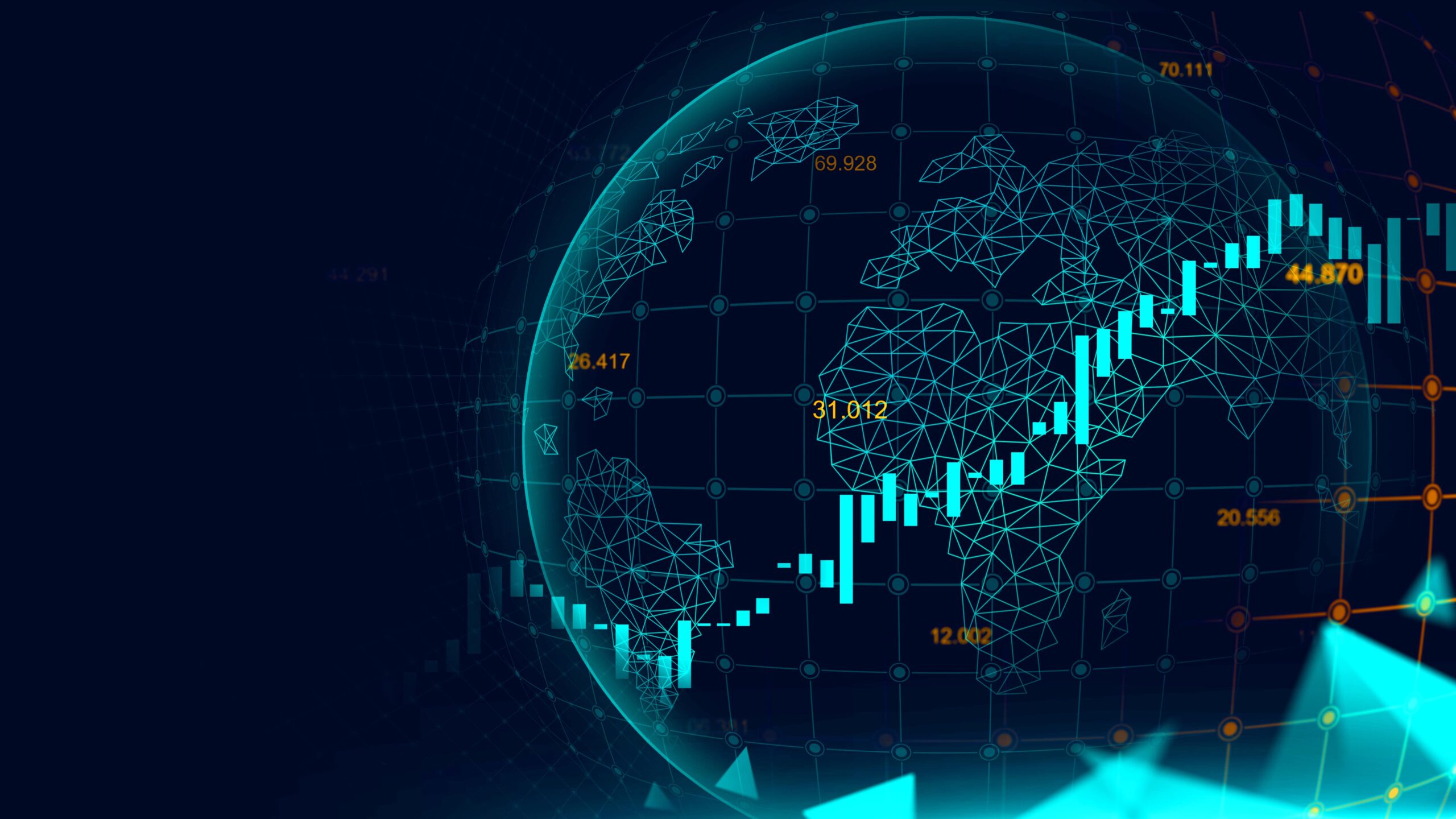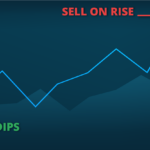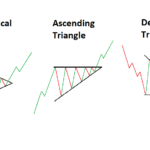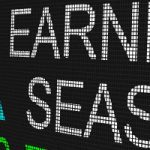There are many things to consider if you want to start trading on the foreign exchange marketA location or entity where people and entities can negotiate and trade assets of value., aka forex.
Whether you decide to go into it by scalpingOpening and closing positions rapidly with the intention of locking in small profits., day tradingPratique de trading consistant à ouvrir et à fermer des positions le même jour et principalement ..., or swing trading, use fundamental or technical analysisA technique of forecasting the direction of prices by studying past market behaviour using primarily..., go for the major currencyA financial medium for the exchange of value. In economics, it is the monetary system employed by a ... pairs or not, it can make a world of difference if you go into it equipped with the right mindset, dedication, and willingness to put in the hours of research and hard work needed to fully understand what you’re getting into.
So how do you start forex trading? What do you need to do to get from pointThe unit of price change for bonds (1%), futures (0.01%), shares ($1) and mortgage fees (1% of the p... A to point B and earn while you’re at it?
Here are five helpful things to keep in mind about forex trading to help you hit the ground running once you decide that this is the market for you –
Know the Market
How well do you know foreign exchange? Do you understand what makes the market move or why traders buy or sell currencies?
These may be basic knowledge, but it’s information like this that you need to take to heart in order to build a solid foundation to anchor your forex trading journey.
Foreign exchange, or simply forex or fx trading, is the process of changing one currency into another currency either for commerce, trading, or tourism.
According to a report by the Bank of International Settlements, forex is one of the world’s most actively traded markets that averages a daily trading volumeThe amount of total trades in an asset or market during a specified time period. It is sometimes als... of $6.6 trillion.
The significance of forex lies in the fact that we exchange currencies in order to conduct businesses and trades beyond borders.
This simple act of exchanging one currency to another currency on a large-scale day-to-day basis creates a ripple effect and fuels the exchange rateThe rate for buying one currency using another. movements and volatilityThe measure of fluctuation in an asset’s value from the mean. Volatility can be historical (over a... of the forex market throughout the world.
As a result, forex drives major economic events and creates a huge impact on inflationThe rise in prices for goods and services, resulting in the deterioration of a currency’s purchasi..., global corporate earnings, and the balance of payment accounts for each country.
It is this scenario that draws forex traders like investmentAn asset (usually money or work) provided to another in expectation of receiving a cash return or be... managers and hedgeTo protect one’s investments against losses by investing simultaneously in a (usually) related ins... funds, multinational corporations, and individual investors to the forex market – the volatility of the market that empowers them to potentially earn a profit from the currency fluctuations.
Understand the Common Terms
In addition to knowing your way around the forex market, it is also equally important that you are familiar with the standard terms used in foreign exchange, especially if you’re serious about being a forex traderA merchant who purchases and sells assets or services for profit. In financial markets, the trader b....
Again, this is basic stuff, but it’s usually the basic things that most people take for granted or overlook, often leading to unpleasant but avoidable results.
In the world of trading, knowing the common terms and jargon takes on even greater importance due to the technical nature of the industry, plus the inherent risks already involved with trading.
Hence, it pays to be familiar with most common terms used in the industry such as what’s a pipThe smallest possible price change in a currency pair. Usually, the pip is located in the fourth pla..., which one is the base currencyThe first currency quoted in a forex pair upon which the value of the pair is determined. The pair... or quote currency, what types of orders you can place, the differences between leverageAn investment provided by a broker or other provider alongside an investor’s investment, enabling ... and margin, what it means to go long or short, and so forth.
Be Aware of the Risks Involved
The world of forex trading is already tricky enough to navigate on its own, but with the risks involved, it is even more imperative that you know what you’re getting into.
As a trader, it’s a rule of thumb never to riskThe level of deviation of past returns and/or losses on an asset from the mean. Usually, the higher ... what you can afford to lose, which is why it is necessary that you have a clear picture of your finances and are in tune with your risk tolerance – are you conservative, moderate, or aggressive?
On top of the personal aspect, you must also be aware of how the market works, along with the factors that affect it such as market manipulation as this can mitigate the trading risks that you’re exposed to.
Find a Reliable Forex BrokerA 3rd party that negotiates a transaction between 2 other parties – a buyer and a seller.
A broker is your access to the market, so finding the right one is something that should be high on your list of priorities as a trader.
As with most brokers, reputation is everything and one way to validate this is by checking if they are licensed or compliant with regulatory requirements.
Another thing to check is if the features of your broker’s account offerings cover your trading needs such as leverage and margin options, currency pairs available, commissions and spreads, and ease of deposits and withdrawals, among others.
Create and Fund a Trading Account
Once you have decided on a broker and opened an account, you need to depositTo place money in an account – usually with the aim of preserving or increasing its value. funds into it to start trading. With the advent of online brokers, it has become easier and convenient to add funds to your account using the different online payment options available.
By finding the right broker and opening an account with them, you can rest assured that you have the supportThe price level that traders believe represents the lowest value an asset can reach. At this point, ... that you need to navigate the forex market while developing your trading skills and strategies without worries.
If you want to know more about forex trading, sign up for a demo account now at Queensway Trading Academy – because learning from the best doesn’t have to be complicated.











